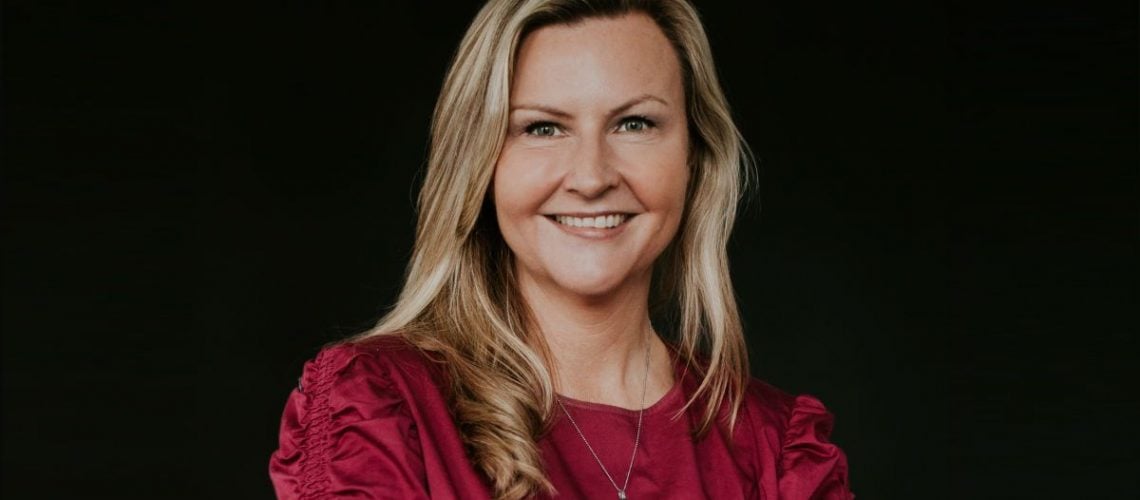When Rita Hausken’s son was 2 years old, he was diagnosed with a rare disorder called Hurler Syndrome.
“I was told to quit my job, stay home, and wait for him to die,” she says. “I did the opposite.”
Her decision to keep working while also caring for her son led to
big results for both of them: she has a successful career, and he is 25,
exceptionally old for someone with his condition.
Rita, a leadership coach for women in energy and the head of Lean In Energy Europe (she lives in Norway), will be among the speakers featured at The Energy 2.0 Forum March 24 in London.
‘I knew what I was fighting for’
After receiving the devastating news about her son, Rita knew she
wanted a job that would help her meet people all over the world -- including
doctors and researchers who might help her son.
So she joined Upstream, an international newspaper on oil and gas, and helped grow it from a startup to a news source with users in more than 100 countries. As she met and spoke with people around the world, she also built contacts in the medical industry. Doing this helped her learn about new ideas and treatments.
But when she came to her son’s doctors with this information, she often found it difficult to get them to listen. “That’s where I was challenged by men,” she says.
“They thought, ‘You’re just a mom, how can your ideas possibly mean anything to us?’ But I knew what I was fighting for.”
With passion and drive, she kept speaking up -- and eventually
found a doctor in the United States who was doing research and wanted to work
with her to use new, experimental treatments. Then, Rita says, she had to fight
with government authorities in Europe to get the treatment covered --
otherwise, it would have cost up to $400,000 a year.
Throughout this process, she says, “I also met others,
particularly mothers, who were fighting for their children as well. The fear
factor of speaking up was taking a backseat, and they were standing up for
their ideas.”
From hospitals to C-suites
At the same time, through her work Rita was meeting people in the
energy sector around the world -- and very few were women. So she began looking
into what was holding women back. That’s when she had a realization.
Many were experiencing a “fear factor” of speaking up at work, aware that women are often judged negatively for doing so. But if she could help women replicate the kind of impassioned communication that she was seeing, and delivering herself, at hospitals and doctors’ offices, perhaps she could help fix the problem.
So she launched a coaching practice.
“For many years, we have been conforming to a more masculine form
of communication in the workplace,” she says. That often leads women to second
guess how they’re coming across, which makes them seem less confident. “It’s
subconscious,” she says. “In that moment, we’re not showing up 100% as
ourselves.”
Instead, Rita teaches them to embrace the way they think, and
express themselves in the way that makes the most sense to them. “Don’t try to
speak the language of the other nine people around the table,” she says. “Focus
on one language, one voice: your own.”
Your ‘zone of genius’
The key, she says is to focus on “what’s really driving you. What
is your purpose? What is it that you have always been about? Who are you when
you’re in your zone of genius?”
“When you know what you’re standing up for, you don’t think too
much about what everyone else is thinking about how you’ll say things. People
start listening to you. You can even say, ‘You know what? I want to just pause
for a minute and share something.’ You’re just more settled in yourself. You
don’t feel like you constantly need to defend your view.”
As her clients make these changes, Rita says, their teams begin to
trust them more as well.




